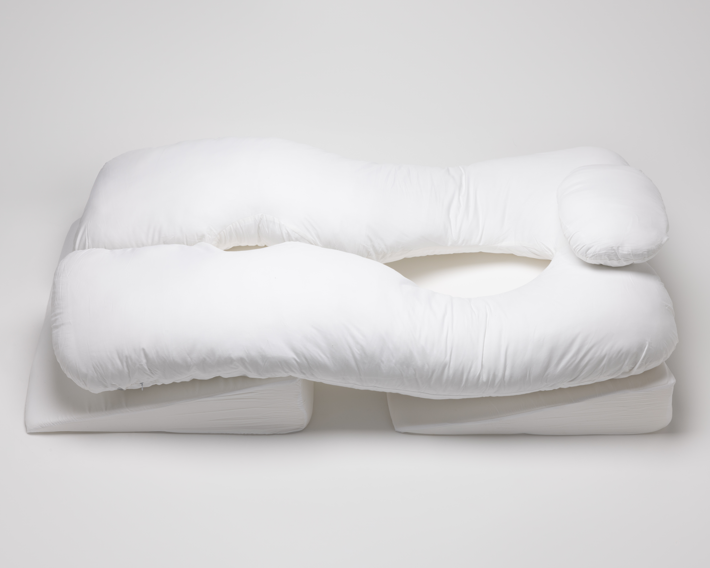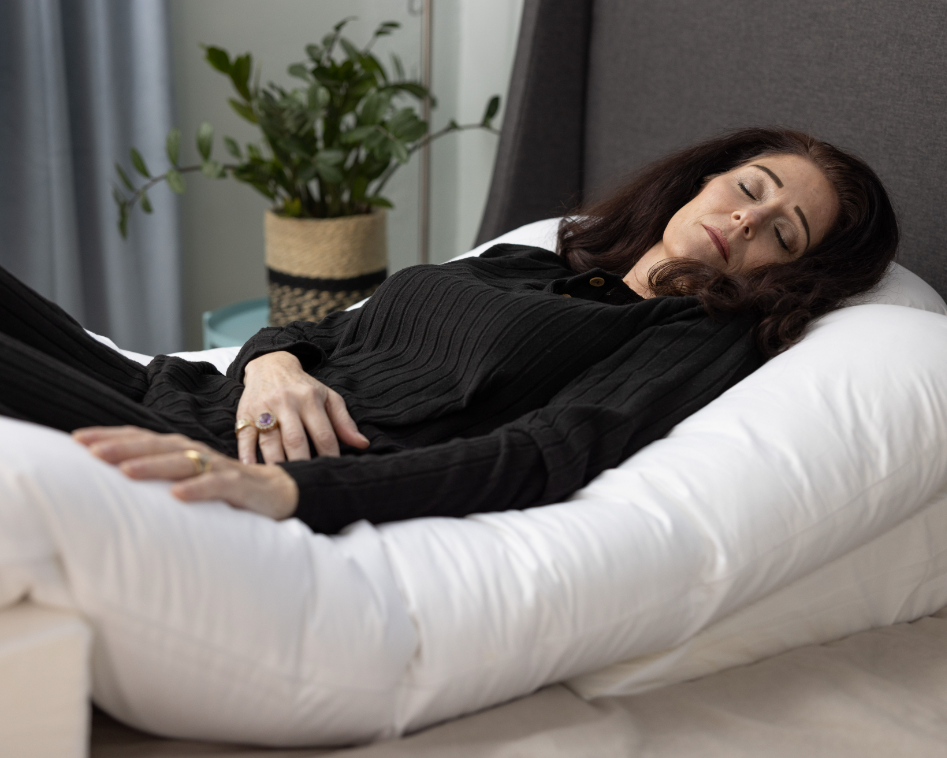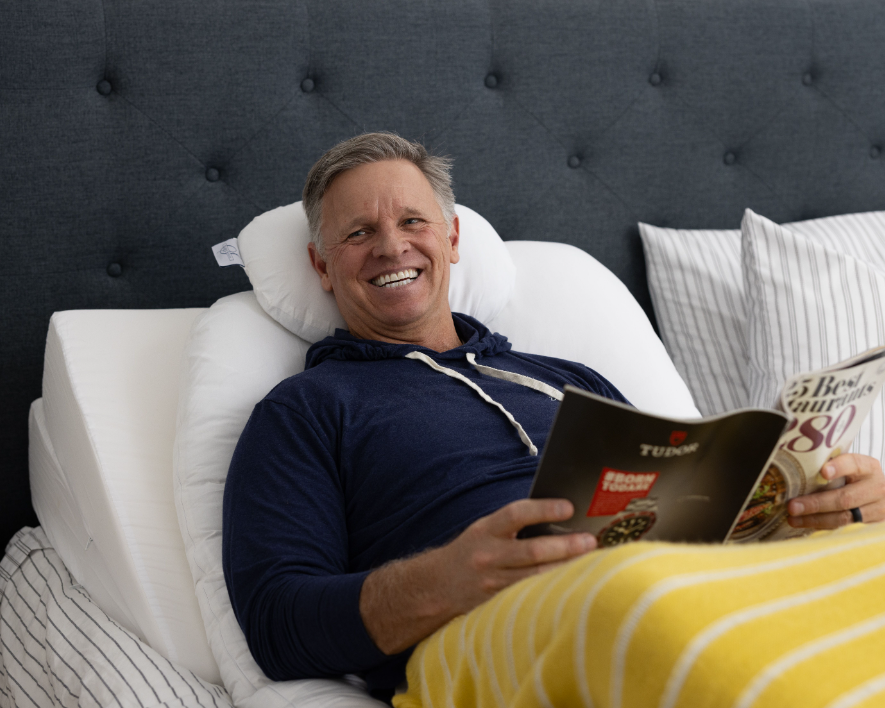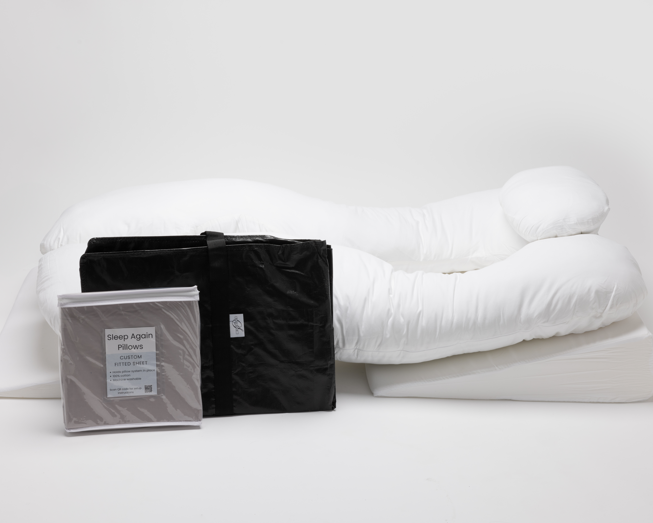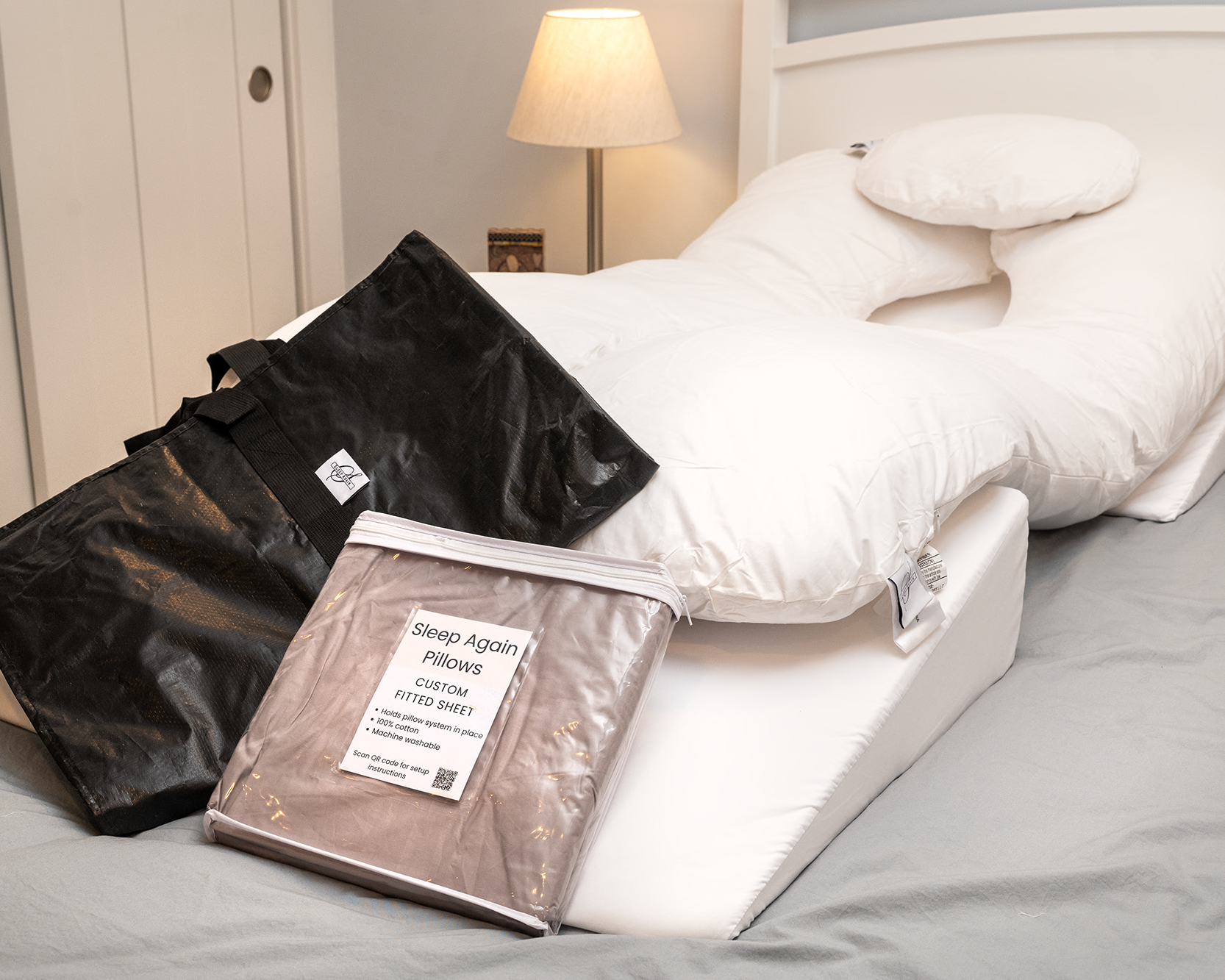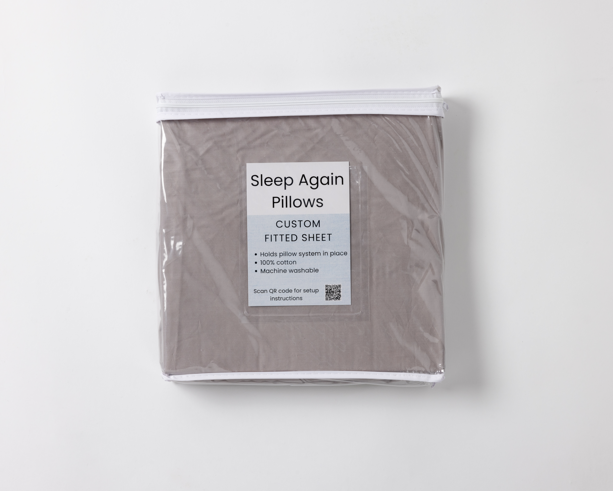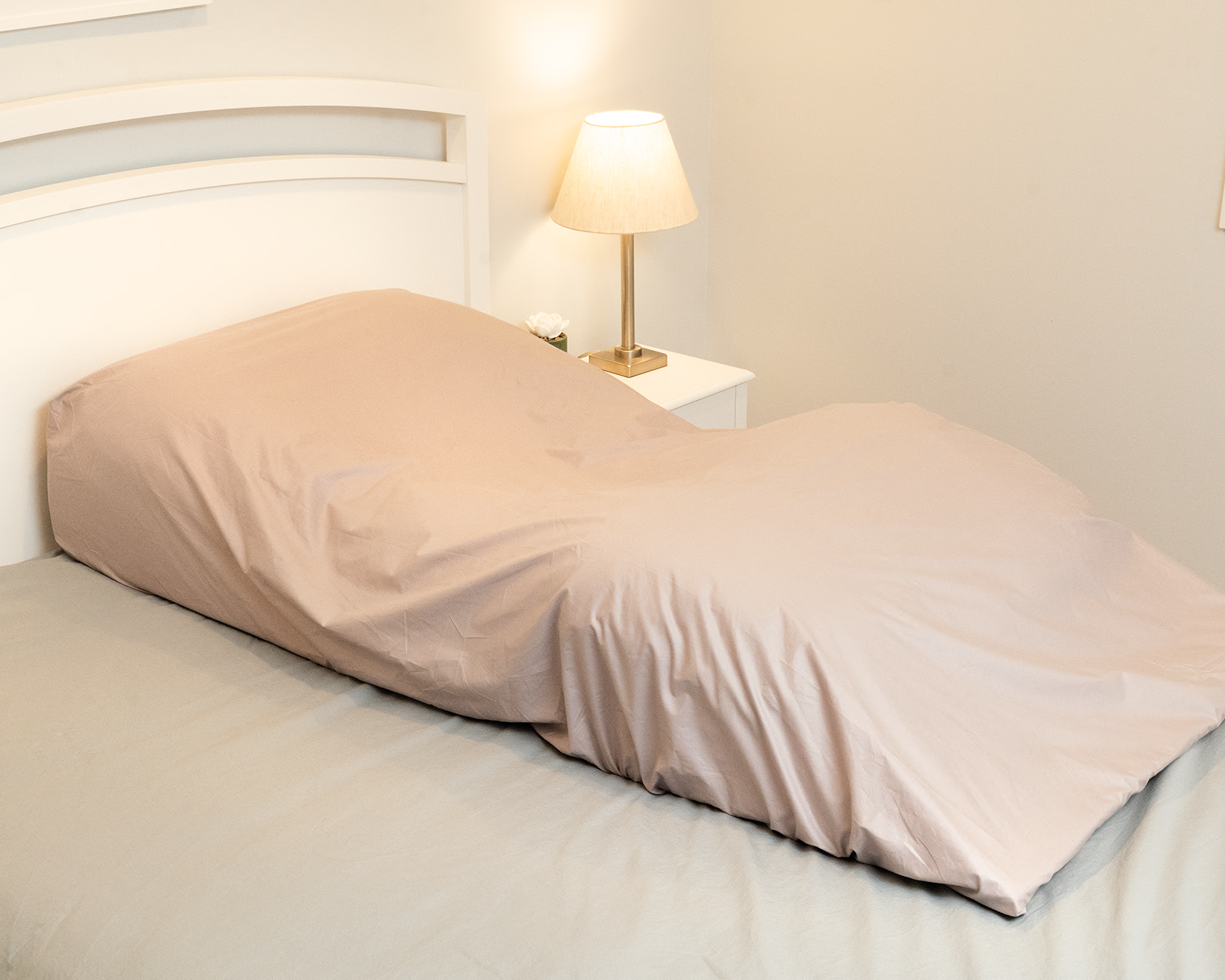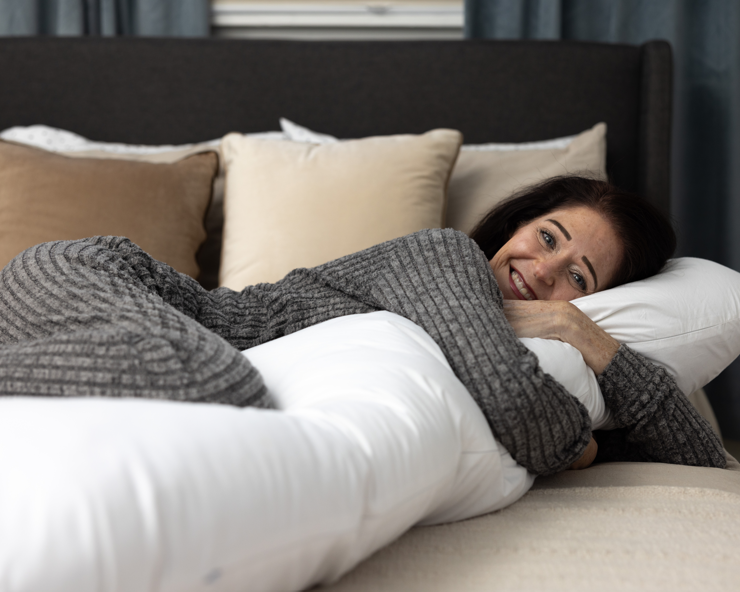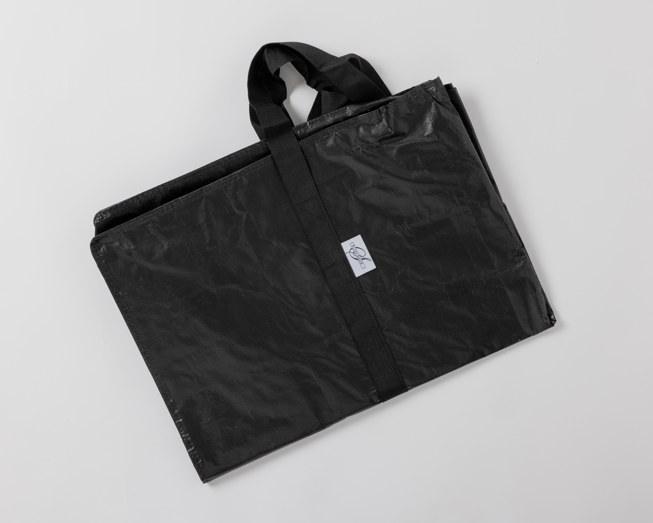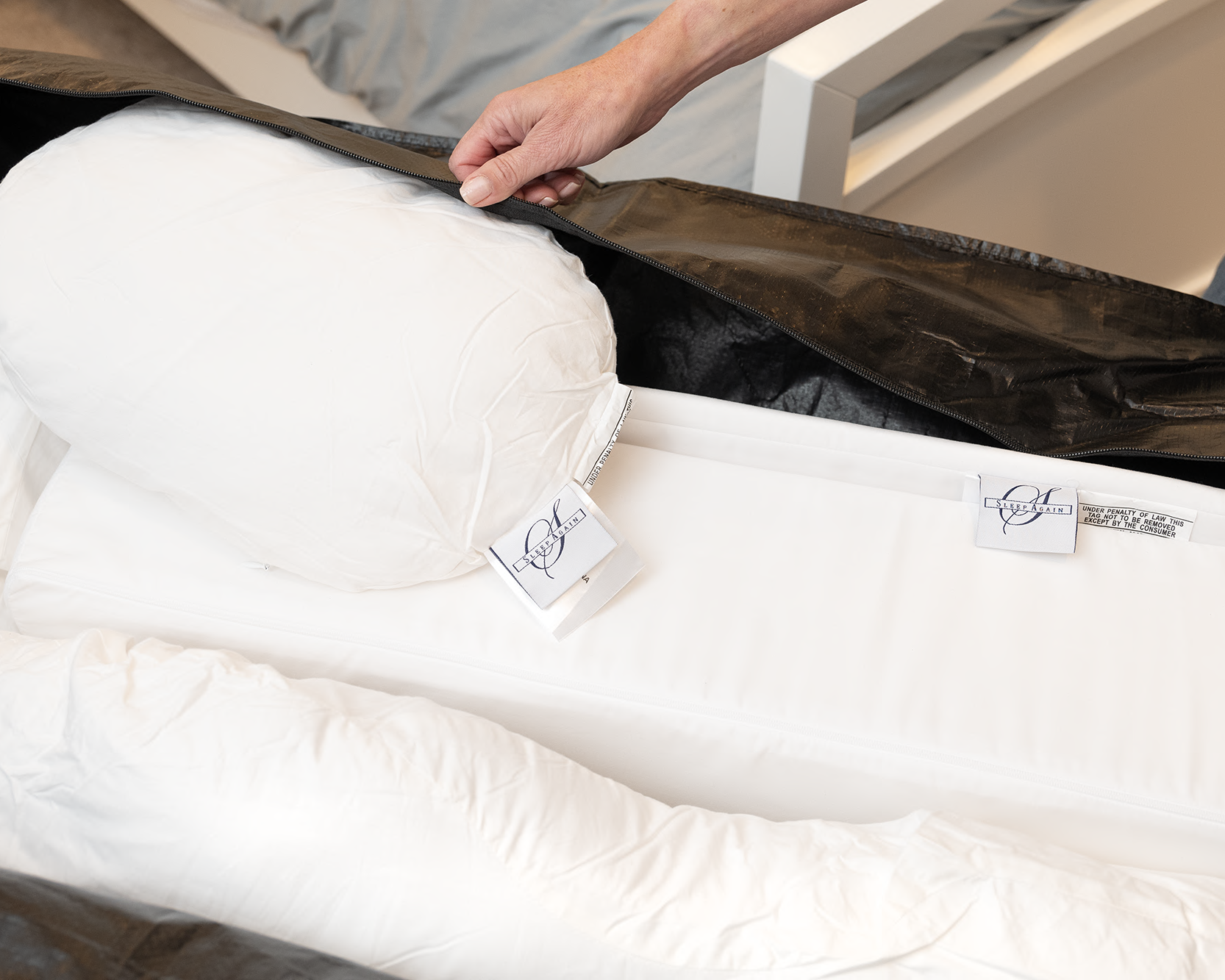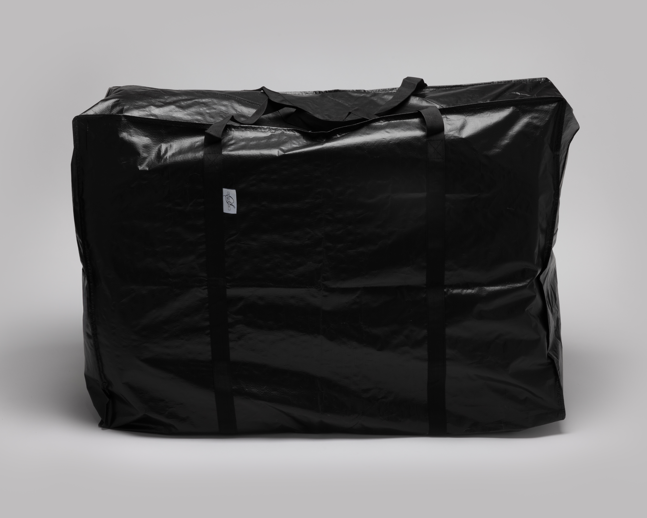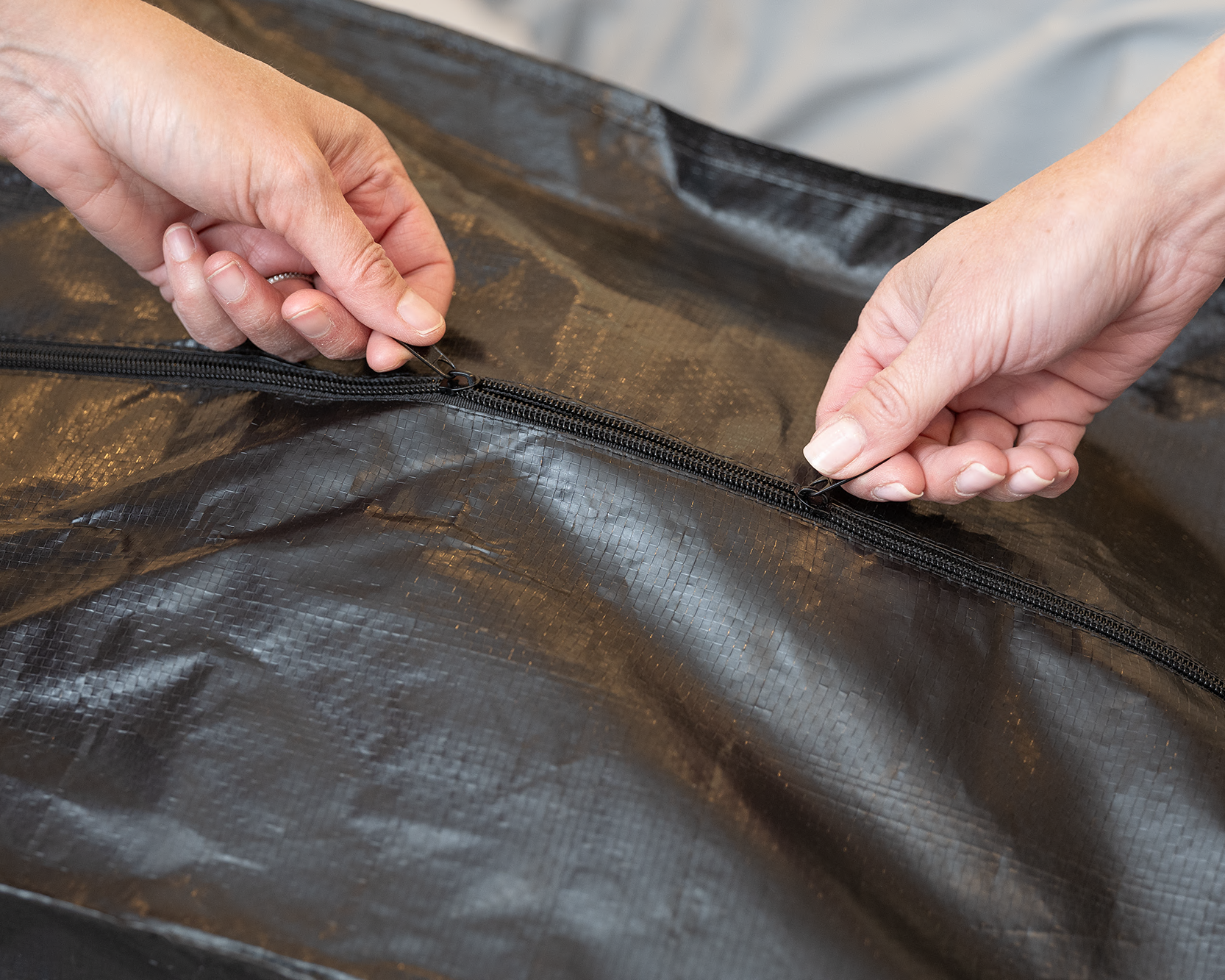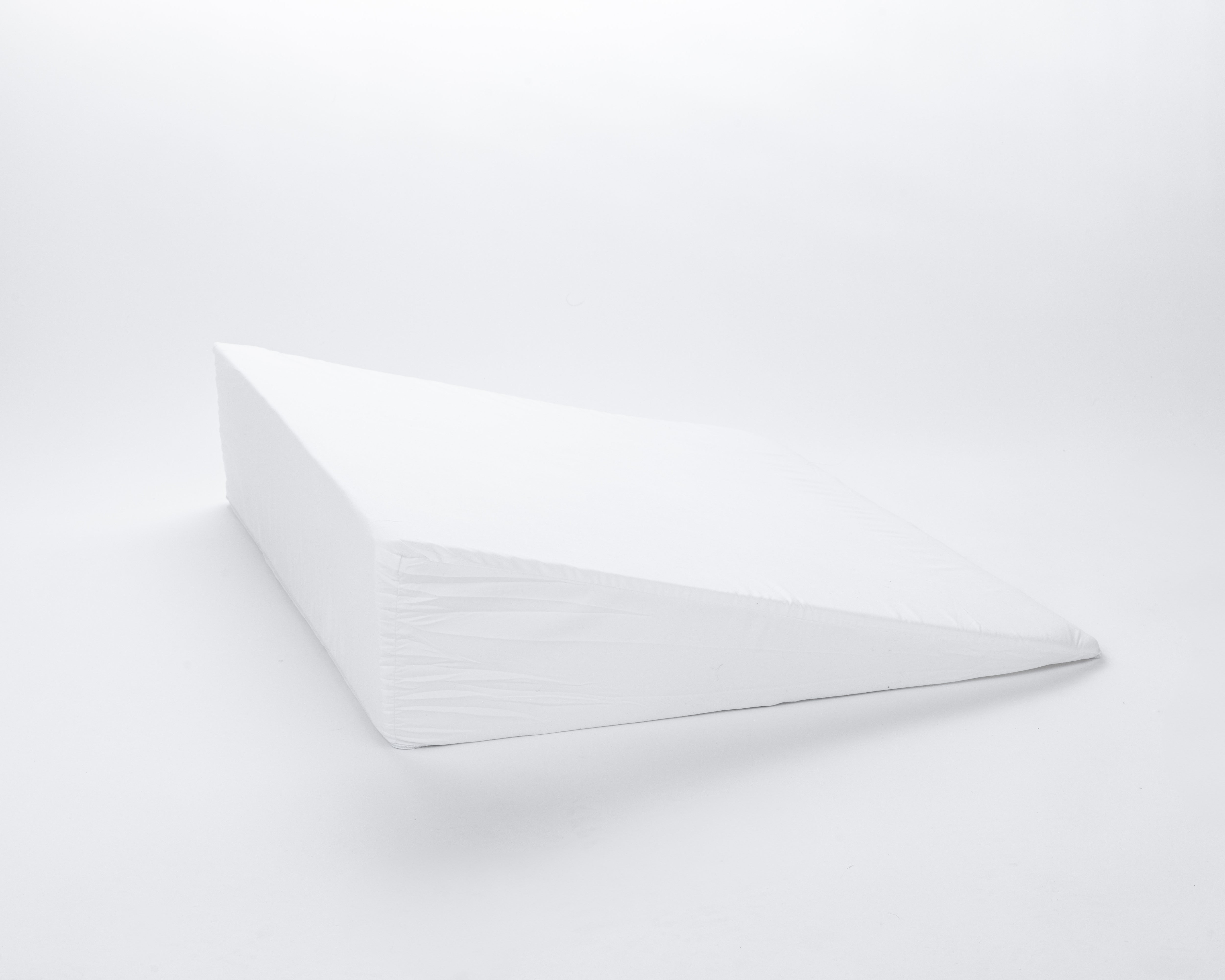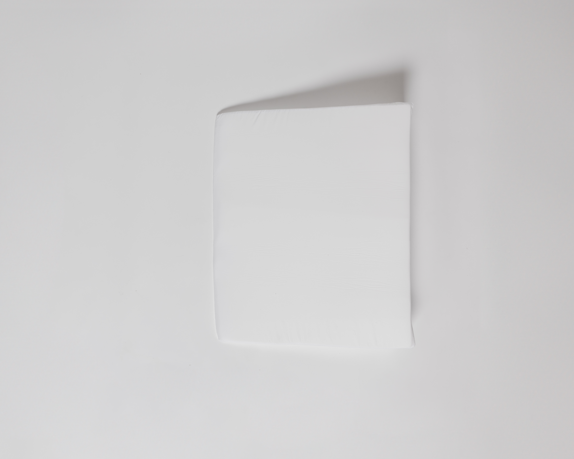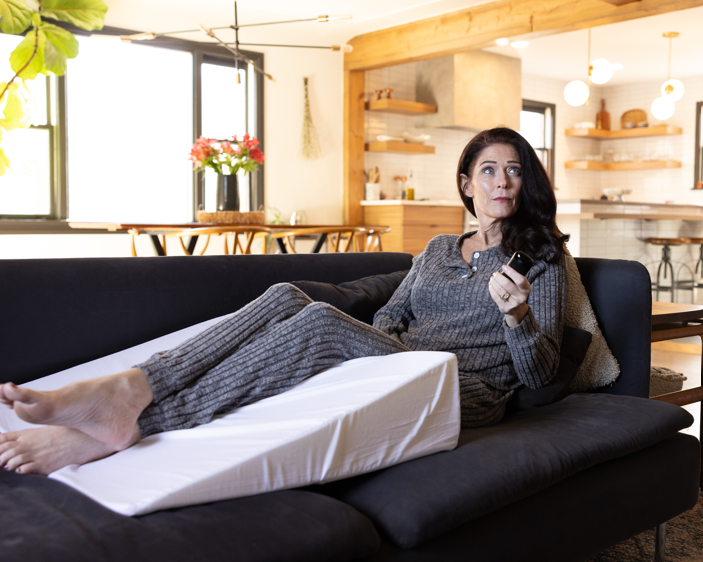Breast Augmentation Surgery Recovery
Breast augmentation is one of the most common cosmetic procedures in the United States today.
According to the American Society of Plastic Surgery and its most recent 2020 Plastic Surgery Statistics Report, breast augmentation was among the top 5 cosmetic surgical procedures performed that year with 212,500 people electing the breast-enhancing or restorative procedure. And this doesn’t even count the patients seeking breast lifts or reductions.
When looking at the reasons driving these decisions, the list is long.
Some hope to reduce pain or improve posture. Others wish to achieve better breast symmetry, boost self-esteem, or improve the fit of their clothes. Mastectomy patients often desire reconstruction after healing from treatment. Transgender or non-binary individuals seek breast augmentation or reduction as part of their gender confirmation therapy. And then there are many who simply want bigger or smaller boobs.
Sleep Again Pillows co-founder and breast cancer survivor, Rachel Baumel, wants to help anyone seeking breast augmentation with improved rest and healing after surgery.

The Importance of Sleeping After Breast Augmentation Surgery
Rest is central to any surgery recovery, especially breast augmentation surgery. We do much of our healing in our sleep, and not getting enough puts us at risk of greater infection, mental and emotional vulnerability, and slowing our recovery.
After finding nothing on the market that fully addressed the special care that recovering breast surgery patients need, Rachel designed her unique wedge pillow system to allow for both elevation, side support, and getting out of bed safely (not easy when you’re recovering from breast surgery).
Dr. Ortiz, a prominent plastic surgeon in Raleigh, North Carolina has written an informative breast augmentation recovery article detailing just how important sleep is following this procedure and how sleeping in an elevated position is necessary for healing.
Sleeping at a 30 to 45-degree angle is critical for reducing pain and inflammation, while also improving circulation as the blood will be flowing down and away from the breasts versus laying in a flat position.
Another really important thing to note is just how long patients will need to sleep this way. Many plastic surgeons recommend waiting several weeks before transitioning to sleeping on your side. And if you’re usually a stomach sleeper, you’ll have to wait up to 12 weeks according to CosMedicWest.
For breast implants, the plastic surgeons at North Shore Cosmetic Surgery elaborate that it takes 6-9 months after surgery for the final results to be fully revealed and that the first weeks after surgery are the most important. They add that for 4-6 weeks all patients must sleep on their backs and that the elevated position takes the pressure off the implants as they heal.
For some, falling asleep on their back is a real struggle. Dr. Ortiz recommends trying to get used to this before surgery by doing some test runs well before your scheduled procedure.

Rachel Baumel shares these top tips following her own breast surgery experience.
Top 10 Tips for Recovering from Breast Surgery
1: Get good sleep - Sleep is critical - Find a comfortable sleep situation, such as with our Sleep Again Pillow System. According to my surgeon and anesthesiologist, it takes 1 week for every hour under anesthesia to recover energy-wise following surgery
2. Educate yourself - It is important to understand your options moving forward with respect to treatment. Read books, talk to other survivors, get second and third opinions.
3. Physical Therapy - Physical therapy following surgery saved me. I was so incredibly tight in my chest, neck, and shoulders following surgery. It made such a difference to have regular physical therapy appointments to keep things moving.
4. Meditate daily - Your mental health is extremely important. Take the time to deep breathe and check in with your body to see how you are doing.
5. Accept help from others - Your friends and family want to help you, they just don’t know how. If you can let your friends know the best ways to help and support you, they will feel better. When you don’t let them know, they will probably get you more food, which is likely not what you want or need. Let them drive you to appointments or radiation treatment.
6. Acupuncture - Acupuncture can help you both mentally and physically. You can manage your hormones, sleep, pain, and so much more with acupuncture. I swear by Corine Danchik with the Spot Acupuncture!
7. Adjust your work/life balance if necessary- Check in on your work/life balance. Are you working to live or living to work? Analyze where you are putting your time and energy and make sure it serves you.
8. Massage - Getting a regular massage can help you maintain your body’s physical balance. Getting a massage is a form of self-care. It is critical to take care of yourself.
9. Discover a new passion or hobby - Be it reading, art, or writing. Find an outlet where you can let out your creative energy. I started drawing and painting again after I was diagnosed with Breast Cancer. I loved doing art when I was younger, but as an adult, I never felt I had the time. I am now making time.
10. Plan a trip - Find a place in this world where you want to go and make it happen. You only live once and this is your time to experience all the things you want to experience. Following my diagnosis, we planned a “Life is too short” trip. It was one of our favorite trips ever.
More Things to Know When Planning for Breast Augmentation:
-
Expect to Swell. Most swelling will occur during the first several days and weeks following surgery.
-
Avoid Scar Creams. Ask your doctor to be sure, but many plastic surgeons recommend waiting to use these creams and ointments until well after your incisions have healed.
-
Avoid heavy lifting. Wait for your doctor to clear you before resuming any strenuous exercise. For most patients, this should be within 4-6 weeks.
-
Don’t wear underwire bras. Your doctor should recommend supportive bras that open from the front.
-
No Swimming or Bathing. This is to reduce the risk of infection.
A Special Note: While we have extensive experience and knowledge around breast cancer, mastectomy surgery, and breast surgery, we aren’t doctors, medical providers, or have any medical training. Please consult your physician or plastic surgeon with any questions related to your health and well-being.


